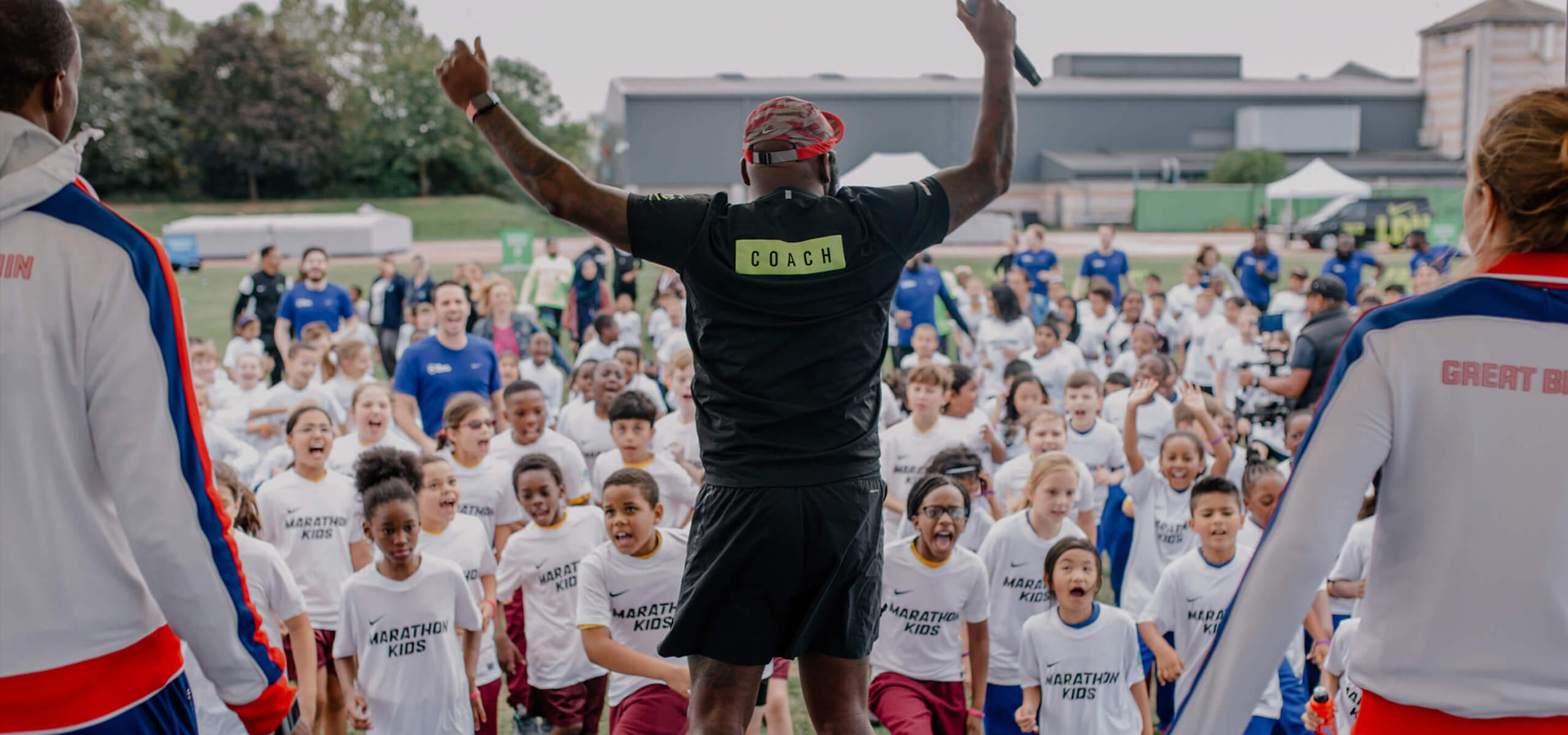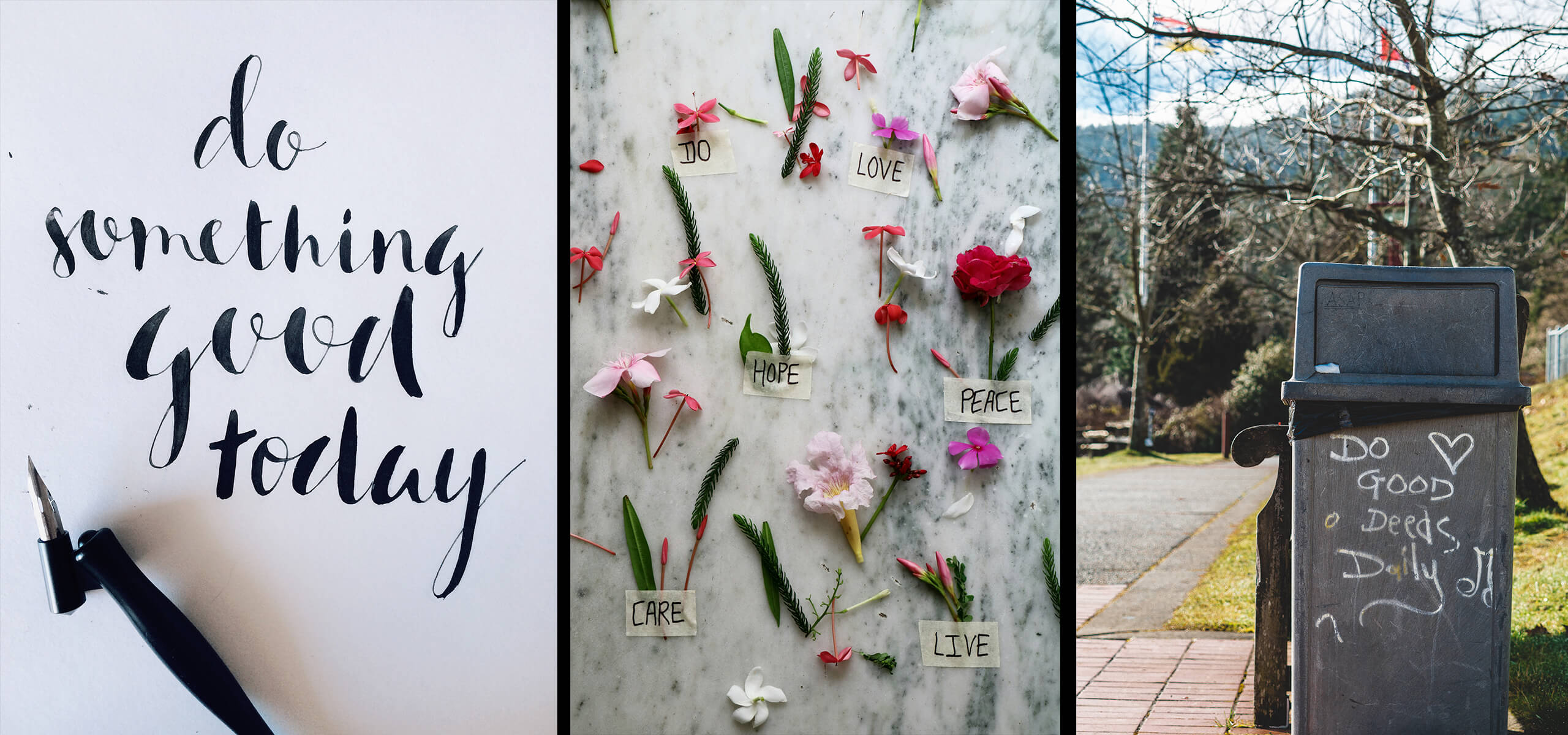August 16th, 2021
With the world of social media being such a giant presence in our daily life, brands have a duty to ensure that they are being ethically and socially responsible. The notion of “cancel culture”, which has been quite prevalent in recent years, has empowered consumers to call out both brands and people that they feel are not acting responsibly. Brands now have a duty to ensure that they are upholding the standards they so easily verbally champion and ensure they are completing actions to back it up. This idea of “cancel culture” can be very detrimental to brands and could easily get them tangled up in the media negatively due to an oversight or sometimes pure ignorance.

Consumers want brands to be socially responsible. As brands become a part of their lifestyles, they want to be loyal to brands that share their morals. When we speak of brands being socially responsible, we not only think of how they are helping and supporting their community and customers, but also their social responsibility in regard to their marketing and social media campaigns. We have seen many brands responses to the resurgence of focus on the Black Lives Matter movement in the wake of George Floyd’s death. Seeing the massive outpouring of support was the reaffirmation we and many others needed and wanted to know that the brands that we are purchasing from, supporting and following, will use their voices to speak out on injustice. This is one of the main reasons why brand’s social responsibility is so important to consumers; it gives them the voice they don’t have. However in the same vein, there have been many instances where brands miss the mark completely with their marketing campaigns, and these oversights means that we have to swallow this show of support with a pinch of salt. Take for instance H&M, they showed their support to the Black Lives Matter movement, but they are also the same brand that allowed a black child to be featured on their website wearing a jumper that read “coolest monkey in the jungle”. Supposedly not even realising the racist undertones that could come through and having to backpedal and apologise, when preferably it shouldn’t have occurred in the first place. With this coming down to diversity and inclusion and showing how important it is to be educated on the topic.

With brands having such a great reach, they have the power to influence consumers and knowing that some actively have processes in place to ensure that they are aligning themselves with relevant causes and programmes for the community around them, helps to gain our trust and confidence in their brand. We want to be able to publicly show our support to a brand we’re loyal to, knowing that at the heart of their business they have the best intentions, and are comfortable speaking on social issues as well as selling a product or service. We want consistency throughout their approaches, from the quality of their product/service and their marketing, to the treatment of their staff.
Brands are committing to social responsibility and have been doing so by forming collaborations with organisations that align with the core values of their business or, if they are large enough, creating offshoots from their profit-making business that focuses on community initiatives and non-profit activities. A great example would be Nike, who as well as having sustainability initiatives in place also have the Nike Community Impact Fund. This is a fund that has community initiatives for children to utilise, allowing them to gain access to coaching and sport, helping to allow their love of sport and being active to grow. It is always great to see a brand get it right and actively impacting the community in a positive way. As although it is a business, it has to have people at the heart of it, without their customers and their loyalty there would be no business, and so they have a responsibility to their customers to show their commitment to contributing positively to the world we all live in.

Being a responsible brand is also highly beneficial to the brand themselves. It creates a great public image for them to both consumers and potential employees. Consumers will happily pass on and promote the good work that brands are doing with charities and organisations, helping to improve the brands reputation, which could in turn make them more attractive to potential investors. Employees will more likely feel motivated and satisfied knowing that they are a part of a company that is “doing good”, that is actively helping others and isn’t solely focused on profit margins. We want to be working for a company that doesn’t grate on our moral compass and allows us to show our passion for causes outside of work. A place where we are comfortable sharing personal ideas and experiences that could then in turn educate the business on something not previously known or allow them to help a cause they were unaware of.

Returning to the power of social media, this is also a key area when it comes to promoting a brands social responsibility. If we consider Instagram, when you scroll through a brands profile, as much as they are promoting their products, a lot of their posts also focus on real people, shining light on situations and causes they feel their audience will positively respond to or need to be educated on. This is a great marketing tool as many would be more likely to forward on an informative post than product post. Instagram viewers are scrolling through their newsfeed so quickly, and have so much content to take in, they’d most likely just “love” a product shot and keep scrolling. Whereas they may take more time to pause if they feel the post they are viewing is discussing an interesting topic and making a good point.
Brands social responsibility is a necessity and as much a part of a brands core as it’s branding and ethos. Values and morals matter to consumers. And if a brand wants to appeal to them, they have to always consider this and they should want to consider this. This is the only world we are getting, and we all need to ensure that we are doing our part to help it as best we can.
Written by Rachael Saint-Clair
DISCLAIMER: We endeavour to always credit the correct original source of every image, however if you think a credit may be incorrect, please contact us at rb@hatchedlondon.com.




